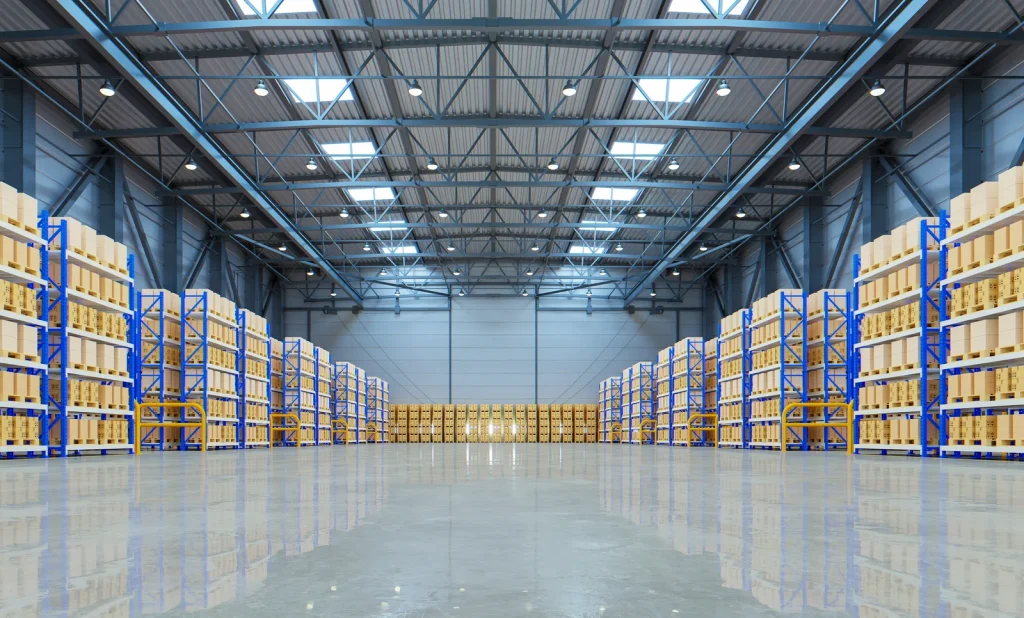The future of freight logistics is rapidly evolving, shaped by technological advancements and the increasing need for efficiency and sustainability in global supply chains. As industries grow, the logistics sector faces the challenge of meeting the ever-growing demand for faster, more reliable, and environmentally friendly transportation solutions. One of the key factors driving this transformation is the integration of digital technologies to track progress, streamline operations, and ensure trust throughout the logistics network. Real-time tracking is at the forefront of this revolution. With the proliferation of Internet of Things IoT devices, sensors, and GPS technology, freight movements are now monitored more closely than ever before. These tools provide visibility into every step of the transportation process, from the moment goods leave the warehouse to when they reach their final destination. The ability to track shipments in real-time not only enhances operational efficiency but also boosts customer confidence by offering transparency and ensuring timely deliveries.

This capability is particularly crucial in industries like perishable goods, pharmaceuticals, and high-value products, where delays or mismanagement can result in significant losses. In addition to improving visibility, digital technologies enable predictive analytics that can anticipate delays, optimize routes, and enhance load management. Advanced algorithms can forecast traffic conditions, weather disruptions, and even supply chain bottlenecks, allowing companies to proactively adjust their strategies and minimize potential disruptions. These improvements not only help reduce costs but also contribute to more sustainable operations by minimizing fuel consumption and emissions. Blockchain technology plays a vital role in ensuring trust within FSW ltd freight logistics. As a decentralized and transparent system, blockchain offers an immutable ledger for recording transactions, shipments, and contracts. This technology reduces the risk of fraud, enhances security, and provides a single source of truth for all parties involved in the supply chain. It allows stakeholders ranging from shippers and carriers to customs officials and end customers to access verified information, building confidence and facilitating smoother collaborations.
The push towards sustainability is another driving force behind the future of freight logistics. Green logistics solutions, including the use of electric vehicles, alternative fuels, and carbon offset programs, are becoming increasingly popular. These initiatives are not only helping companies meet environmental regulations but are also aligned with consumer demand for greener practices. The future of freight logistics is a dynamic blend of innovation, data-driven strategies, and sustainability efforts. The integration of tracking technologies, predictive analytics, and blockchain solutions promises to enhance operational efficiency, reduce costs, and build trust throughout the global supply chain. As these advancements continue to unfold, they will shape a logistics ecosystem that is more transparent, resilient, and capable of meeting the challenges of a rapidly changing world.
